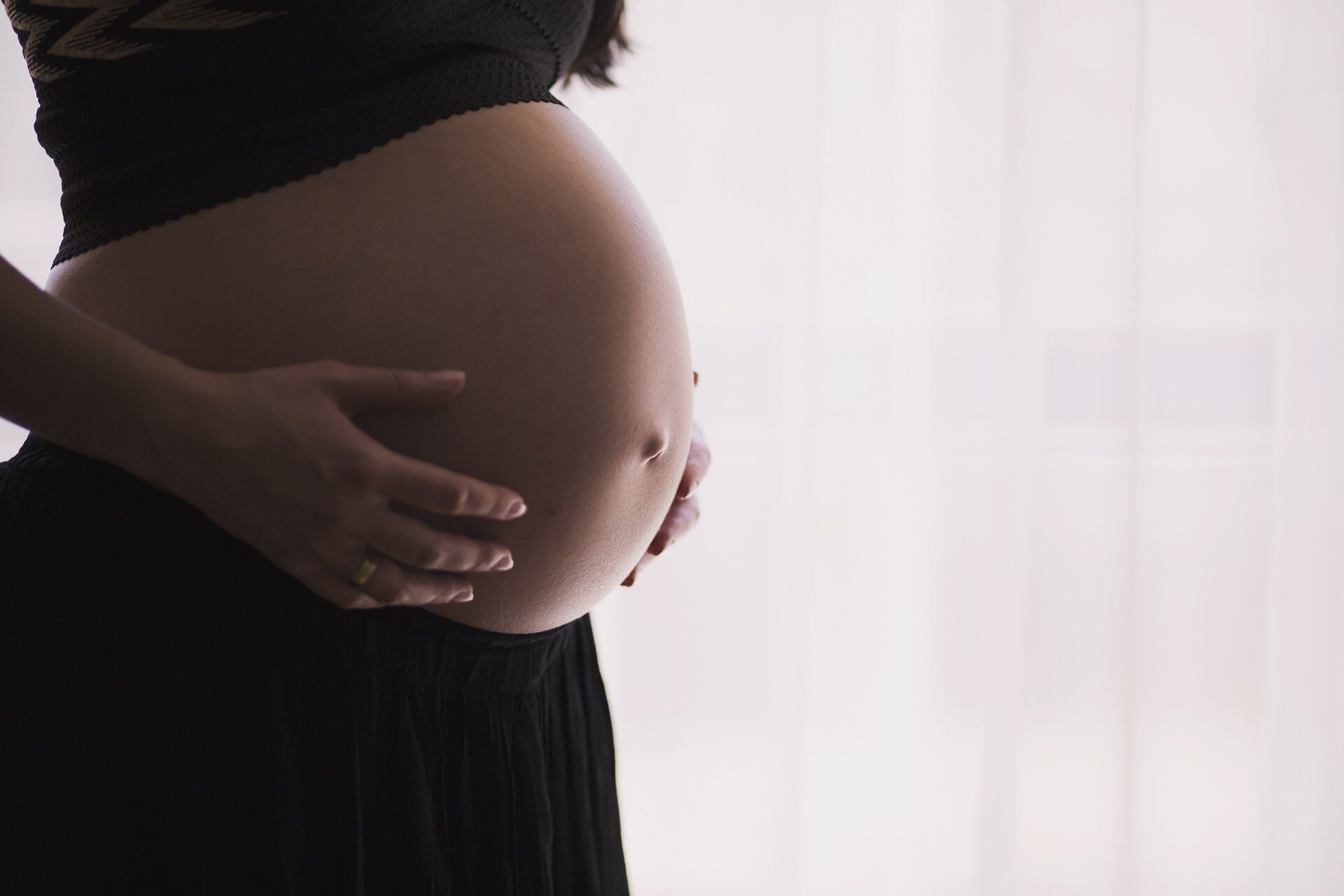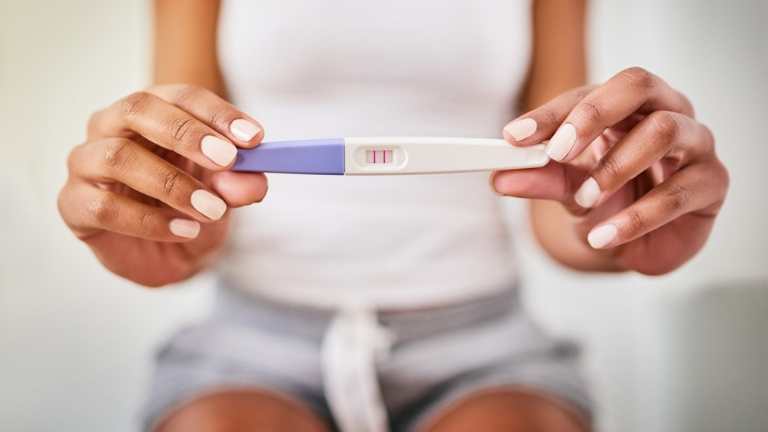The Fertility Rate In Malaysia Is Declining. Here's Why It’s A Problem & How It Affects Us
It has been recorded as the lowest in 55 years.
In 2018, Malaysia's fertility rate was revealed to be at its lowest in the last 55 years
At 1.8 babies per woman, it was a 1.3% drop from 2017, which recorded 1.9 babies per woman. Although the statistics for 2019 and 2020 have yet to be released, the current results show that there is a decline.
A declining fertility rate is not just due to couples not wanting to have children, but also the inability to conceive. In fact, most couples get married later, which possibly leads to a harder time conceiving.
Although we might not see immediate results from the decline, this creates an imbalance in the country, with a smaller but ageing population in the long-term.
Why is it declining and how is it a problem that affects all of us? We decided to investigate!
Here are some factors that contribute to the decline in the fertility rate:
Low salary, rising costs
Most fresh graduates have a starting salary in the range of RM2,000 to RM2,800. And this has remained stagnant for a long time. Did you know that between 2004 and 2016, the median monthly income for working adults between 20 to 29 years old was between RM2,000 to RM2,500?
And this is on top of research showing that the cost of living in Kuala Lumpur for a single adult is around RM2,100 (excluding rent). Meanwhile, the cost of living for a family of four would cost around RM7,600 (excluding rent). Even if they live outside the city, the difference in cost of living would only be plus-minus RM100 to 200.
With a low salary and high cost of living, it's not easy to make ends meet even as a couple, which is why many couples have only one or two kids, or put having children on hold.
Career first, babies later
What comes first? Marriage or career? For many women, it's either one or the other. In fact, according to the Malaysian Key Statistics of Labour Force April 2020, 43.3% of about 160,000 employees left the workforce or did not seek jobs due to family responsibilities.
Being financially independent and enjoying a fulfilling career is appealing. Meanwhile, some find the thought of sacrificing one's career in order to have children uninviting and saddening. And for many, it takes a long time to advance their careers, further delaying their intentions to conceive or get married.
Some couples may be married for several years and are still not prepared to have kids. On top of rising costs, the idea of juggling between family matters and work is off-putting and time-consuming. Moreover, many couples have placed priority on freedom, both financially and timewise.
Difficulty in conceiving
Ageing does affect fertility. A woman's peak productive period is usually in her 20s. As women age, most begin to experience a significant decrease in fertility as the number of their eggs decline. They are also at a higher risk of developing disorders and complications, whether during conception, pregnancy, or childbirth.
Ageing affects fertility in men too. When men get older, their sperm count decreases, which reduces the overall chances of pregnancy. The National Population and Family Development Board (LPPKN) revealed that from 2010 to 2019, 60% of sperm tests were reported as abnormal, and 7% of the total male population in Malaysia is infertile. That's around one million men who suffer from infertility!
But it seems that the rate of infertility among younger couples are on the rise too. According to Gynaecologist Dr Azirawathy Mohd Tazri, almost 70% of her patients who seek fertility treatment are couples who are younger than 30 years old. Nowadays, a lot of couples take around two years or more to conceive, although reports state that they are physically normal and healthy. In fact, LPPKN reported that the fertility level among men under 30 has decreased by 15%.
What happens if the fertility rate continues to drop? How will it affect us?
Reduction in population size
It's simple. Fewer babies mean a smaller population in the long-term. When fertility declines, this means the population size decreases not among adults or the elderly, but among the youth. And if this happens, this rapidly decreases the long-term population size because of the already low fertility rates.
In 2010, the young population was 7.8 million, by the first quarter of 2020, we've seen a decrease to 7.53 million.
Ageing population
With current low fertility rates, there will be an ageing population in the future. As explained above, adults and the elderly would make up a bigger percentage of the total population. This creates implications in areas such as healthcare, financial services, city planning, and social services.
Additionally, the Malaysian Department of Statistics has shown that there is an increase of elderly from 6.7% in 2019 to 7% in 2020. According to Alliance For A Safe Community, Malaysia is expected to be an ageing nation by 2030, in which 15% of the population would be at least 60 years old. In fact, the Malaysian Healthy Ageing Society (MAHS) had proposed to the government to consider having a ministry that focuses on the ageing population due to future wellbeing and mental health concerns for the elderly.
If the low fertility rate declines further, this results in an even bigger imbalance in the age structure.
Shrinking labour force
With a smaller young population, this leads to a shrinking labour force that heavily and directly impacts the country's economy. Take Japan as an example, where it has been estimated that the labour force between 1999 and 2050, will fall from 68 million to 46 million.
If this happens in Malaysia, it will lower the standard of healthcare and pensions, heavily impacting the ageing population. It has been estimated that the pensions for retired private workers in 10 years would project to RM63 billion, more than double the current amount.
This is why numerous public and private agencies want to tackle the declining fertility rates in our country with proper incentives and options.
With various fertility treatments out there, here are a few initiatives to help couples struggling with fertility issues:
Employees Provident Fund (EPF)
EPF has launched the Health Withdrawal – Fertility Treatment for couples who have trouble conceiving while addressing the nation's effort to overcome the declining fertility rate at the same time.
The health withdrawal facility under Account 2 of the EPF savings was originally allocated to cover medical expenses for critical illnesses. But EPF has taken the initiative to allow withdrawals for fertility treatments too!
This means that couples can now apply to withdraw funds from Account 2 for treatments concerning in-vitro fertilisation (IVF), intrauterine insemination (IUI), and intracytoplasmic sperm injection (ICS).
To apply for the withdrawal, just submit your application at any EPF branch along with supporting documents such as medical reports, marriage certificate, and bills/invoices for the treatments. Find out more here.
IVFKasih
The IVFKasih programme is an initiative by the Kasih Fertility Specialist Centre with Sunfert, in aims of helping married couples conceive at an earlier age.
As IVF treatments can be costly, ranging from RM18,000 to RM20,000 per treatment, many couples struggling to conceive are unable to seek the right treatment without burning a huge hole in their pocket. IVFKasih provides a low-cost IVF treatment that uses a unique and innovative approach without affecting the pregnancy rate.
It covers from the start of the IVF procedure to the day of the pregnancy testing, including laboratory costs for ICS, Laser-Assisted Hatching, and Blastocyst Culture. The programme also uses fewer injections and pills to stimulate the hormone. The treatment is less aggressive and more natural to obtain eggs of better quality.
Find out more here.
Tax exemption for fertility treatments
According to Budget 2020, couples seeking fertility treatments such as IVF are able to enjoy income tax relief of up to RM6,000 under medical treatment of serious illnesses.
The tax exemption does not apply to only women, but to men as well. If both husband and wife have receipts from the fertility treatments, they are able to claim up to RM6,000 respectively.








